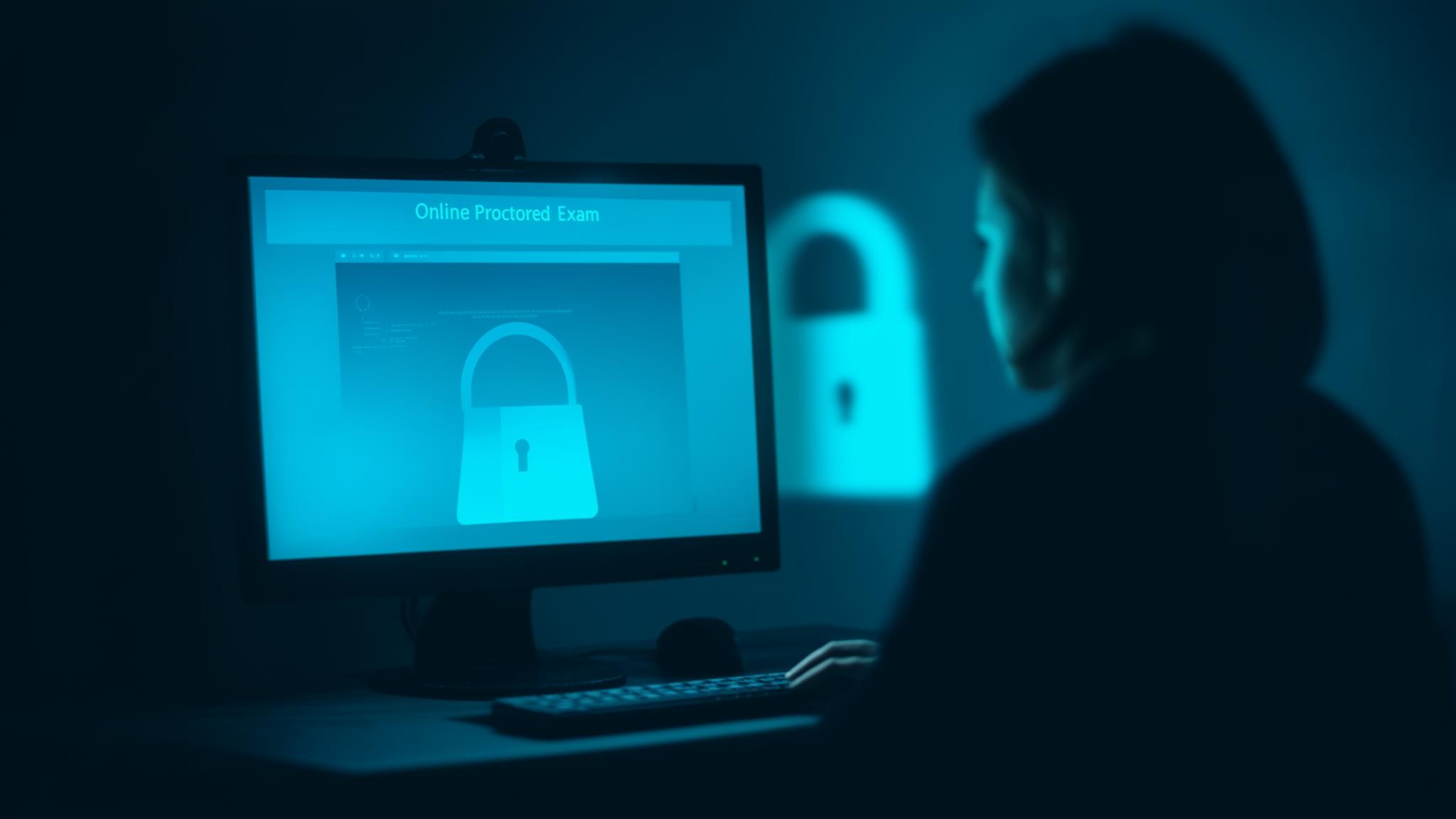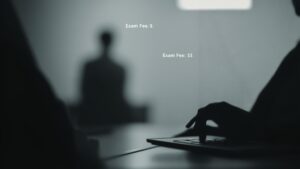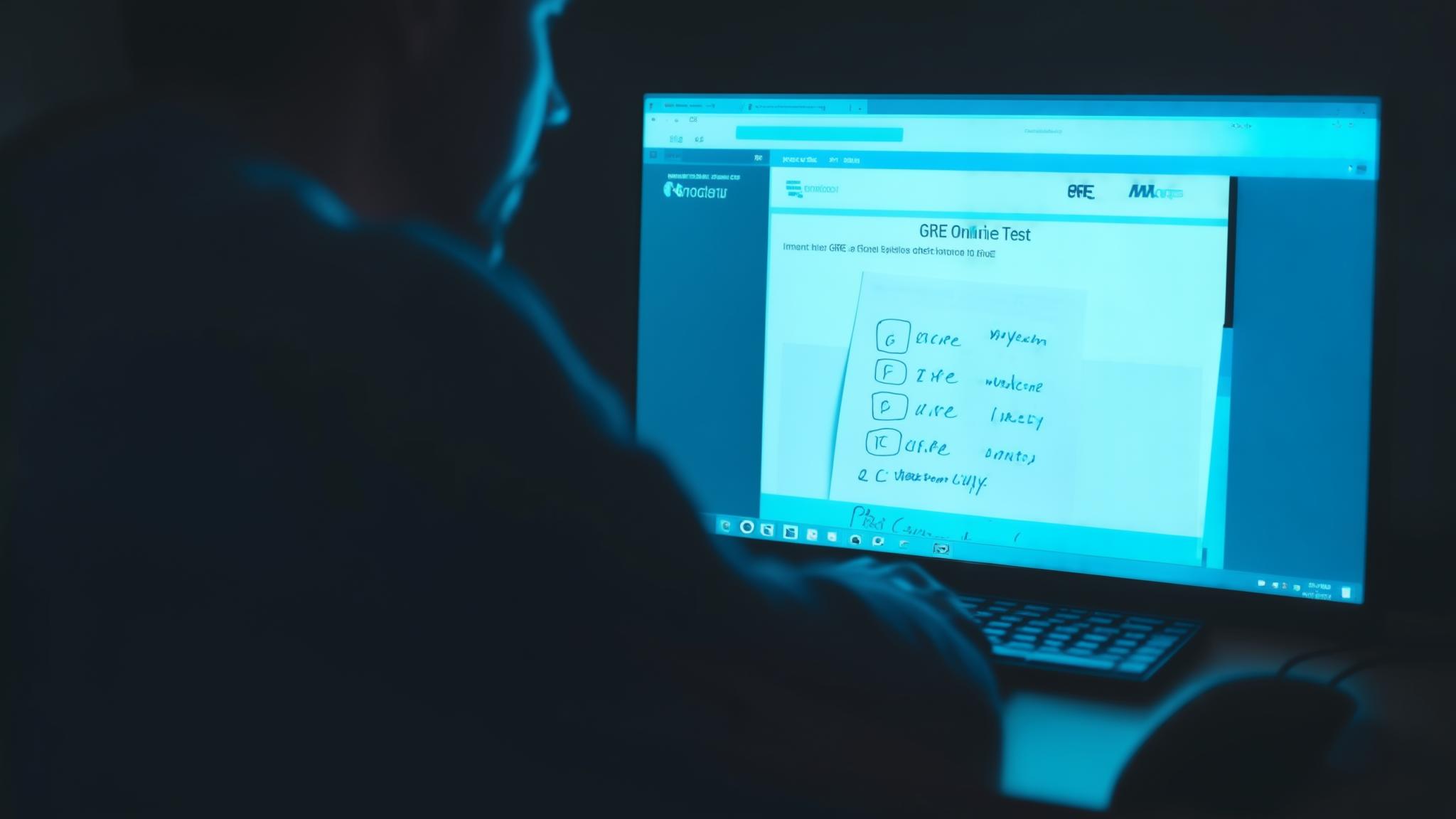Table of Contents

The Evolving Landscape of Online Exams and Academic Integrity

The rapid shift towards online learning, accelerated by global events, has fundamentally altered the educational landscape. With this shift comes the increased reliance on online proctored exams as a means of assessing student knowledge and skills. However, the question of whether cheating is possible in these environments remains a significant concern for educators, institutions, and students alike. This article delves into the complexities of online proctoring, exploring the methods used to prevent cheating, the vulnerabilities that exist, and the ongoing debate surrounding academic integrity in the digital age.
Understanding Online Proctoring Methods
Online proctoring encompasses a range of technologies and techniques designed to monitor students during online exams. These methods can be broadly categorized as follows:
- Live Proctoring: A human proctor monitors students in real-time via webcam and screen sharing. The proctor can intervene if suspicious behavior is detected.
- Recorded Proctoring: The exam session is recorded, and the recording is reviewed later by a human proctor. This allows for a more thorough analysis of student behavior.
- Automated Proctoring: Artificial intelligence (AI) and machine learning algorithms are used to detect suspicious behavior, such as eye movements, head movements, and the presence of unauthorized materials.
- Hybrid Proctoring: A combination of live and automated proctoring techniques.
Each of these methods has its own strengths and weaknesses. Live proctoring offers the most direct oversight but can be resource-intensive. Recorded proctoring allows for detailed review but may not prevent cheating in real-time. Automated proctoring is scalable but can be prone to false positives and may not be able to detect all forms of cheating. Hybrid proctoring aims to leverage the benefits of both human and automated monitoring.
Vulnerabilities and Methods of Circumvention
Despite the advancements in online proctoring technology, determined individuals may still find ways to circumvent the system. The effectiveness of any proctoring method depends on its implementation, the sophistication of the technology, and the resourcefulness of the student. Here are some potential vulnerabilities and methods of circumvention:
Technical Exploits
- Virtual Machines: Running the exam within a virtual machine allows students to access unauthorized resources on the host operating system without being detected by the proctoring software.
- Multiple Devices: Using a separate device (e.g., a smartphone or tablet) to access information or communicate with others.
- Screen Sharing Workarounds: Employing techniques to selectively share only a portion of the screen or to obscure unauthorized content.
- Software Manipulation: Attempting to disable or bypass the proctoring software through various technical means.
Environmental Manipulation
- Hidden Aids: Placing notes or other unauthorized materials within the camera’s field of view but out of the proctor’s immediate line of sight.
- External Assistance: Arranging for someone to provide answers or assistance remotely, either verbally or through written communication.
- Pre-Prepared Materials: Creating detailed notes or outlines in advance and accessing them during the exam.
Social Engineering
- Exploiting Proctor Weaknesses: Identifying and exploiting vulnerabilities in the proctor’s oversight, such as periods of inattention or inconsistent enforcement of rules.
- Collusion: Working with other students to share answers or strategies.
It’s important to acknowledge that the specific methods used to cheat in online proctored exams are constantly evolving as technology advances and students become more adept at finding loopholes. Therefore, proctoring solutions must also adapt and improve to stay ahead of these challenges. The question of **is cheating possible in online proctored exam** is not a simple yes or no, but rather a matter of degree and evolving countermeasures.
Case Studies and Statistical Insights
While precise statistics on the prevalence of cheating in online proctored exams are difficult to obtain, several studies and anecdotal reports shed light on the issue.
Case Study 1: University of California, Davis
A study conducted at the University of California, Davis, found that the implementation of online proctoring led to a significant decrease in cheating incidents compared to unproctored online exams. However, the study also acknowledged that some students still attempted to circumvent the system, highlighting the need for continuous improvement in proctoring methods.
Case Study 2: ProctorU Data Analysis







